 No, probably not, is the answer to that. Death or publication are the only means of stopping me tweaking my novels. Each time I look at them I find new things I can improve. (Which is quite encouraging, really, as it must mean my writing is getting better.)
No, probably not, is the answer to that. Death or publication are the only means of stopping me tweaking my novels. Each time I look at them I find new things I can improve. (Which is quite encouraging, really, as it must mean my writing is getting better.)I am not alone in this. Jasper Fforde says, 'If it were possible I'd be around Waterstones with a pot of glue and replacement pages and perhaps after that knocking at your front door with a bottle of Tippex and a pen, "Excuse me, my name is Jasper Fforde. Do you have a copy of 'The Eyre Affair' by any chance? I've spelt Steller's sea cow incorrectly and I was wondering..."'
I've been revising Trav Zander. I've done five chapters so far. What I am getting rid of mostly are:
- Unnecessary speech tags, often where I also have a description of what the character is doing which tells the reader who is speaking.
- Bits that tell the reader what is going to happen, instead of just letting the story unfold.
- 'He thought' or 'she thought' - generally a sign the writing is under par (thank you, Alan). There are better ways of getting the information across.
- Deleting 'that' if it's not necessary and there is more than one.
- And word echoes, my bane - I'm still picking those out, but at least now I have help at hand with Autocrit. It's astonishing; I must have been over Trav twenty times, including reading the whole thing out loud, and I've still missed some repeat words. I recommend Autocrit for anyone with the same problem; it costs $47, and you can try it free first.

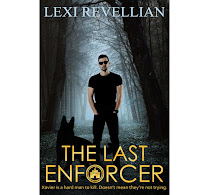
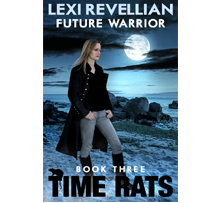
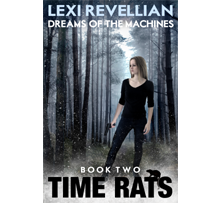
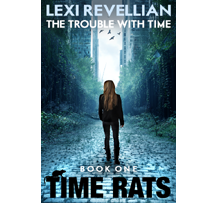

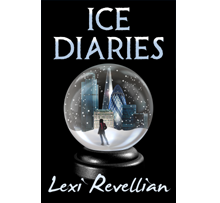





I absolutely empathize. And I would bet that many, many well known authors would confess to the same sort of wishful thinking Jasper Fforde is talking about. If we care-and we do-about our creations, we want them to be as close to perfect, as near to our vision of them as we can get them. Perfect will never happen, and sometimes we need to realize when we've crossed the line between improvement and simply muddying the waters.
ReplyDeleteIn a way it is like raising children. The difference is that with a book you can at some point, with good conscience, say "This just isn't working, I am moving on to something else." Can't imagine doing that with a child. Not without breaking your heart. But things that break our hearts make for terrific stories, don't they?
I don't subscribe to the my book is my baby line. In fact, I'm wondering whether we should all bash them out a bit more, rather than spend too long on each. Be less precious about it.
ReplyDeleteMaybe this is why journalists often seem to make successful authors.
Good point.
ReplyDeleteAnd I wasn't saying I thought the analogy was good or healthy one. Just that it exists.